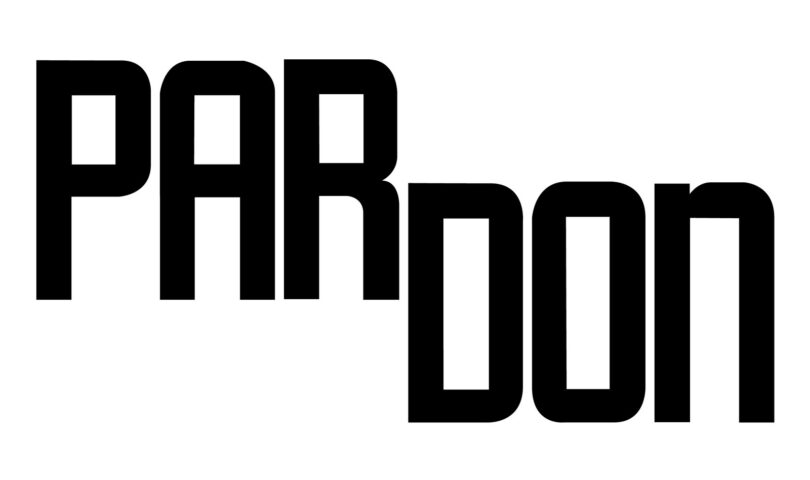LANSING, Mich. – Governor Gretchen Whitmer today granted four requests for clemency after reviewing the applications and recommendations by the Michigan Parole Board.
“As a former prosecutor, I recognize how critical it is to take steps toward a smarter and more equitable justice system. Over the last two years, we’ve worked with leaders on both sides of the aisle to make tremendous progress to give people a second chance, from reforming civil asset forfeiture to becoming a national leader on expungement,” Whitmer said. “These commutations offer a second chance to four individuals who have accepted responsibility and paid their debts to society and whose sentences span decades for non-violent offenses. We still have a lot of work to do, but today is a step in the right direction, and I’m confident that Michigan can continue to be a national leader in smart justice.”
Based on the affirmative recommendation of the Michigan Parole Board, Michael Thompson, Lawrence Cadroy, Lorenzo Garrett, and Larry McGhee have received commutations for their non-violent sentences.
A commutation reduces an individual’s sentence to a specified term, but does not nullify the underlying conviction. All four individuals have received a commutation that makes them immediately eligible for parole consideration and subsequent release consistent with state law.
“For far too long, the so-called ‘tough on crime’ and ‘war on drugs’ eras of criminal justice have led to fractured families and broken communities that make our state less safe, particularly for people of color in Michigan,” Gilchrist said. “Our administration has spent the last two years delivering bipartisan solutions to improve the criminal justice system in a way that levels the playing field for individuals who have committed nonviolent offenses. We will continue to find ways to provide second chances for everyone, which will make our families, neighborhoods, and communities are safer and stronger.”
To receive a pardon or commutation, an individual must file an application with the Michigan Parole Board. The applications are reviewed by the parole board on a case-by-case basis. Once an application has met the criteria for recommendation, it is sent to the governor’s office for review and a final determination.
- Michael Thompson was sentenced on May 31, 1996 to 40-60 years in prison for firearms possession by a felon. He served 22 years on a sentence that was scheduled for an earliest release date of 2038.
- Lawrence Cadroy was sentenced on March 30, 1999 to life in prison for drug possession. He served 21 years on a sentence that was scheduled for an earliest release date of 2030.
- Lorenzo Garrett was sentenced on May 5, 1999 to 29-170 years in prison for selling drugs. He served 22 years on a sentence that was scheduled for an earliest release date of 2027.
- Larry McGhee was sentenced on July 1, 2004 to 20-30 years in prison for selling drugs. He served 16 years on a sentence that was scheduled for an earliest release date of 2024.
No further information will be released on these cases or grants of clemency.
- Laker Men’s Basketball Handle Kuyper 88-55 - December 23, 2024
- MYWAY Sault Bridge Brawl & NEMWA Regional Results - February 22, 2024
- Crawford County Prosecutor clears State Trooper in the fatal shooting of man earlier this month - February 23, 2023



